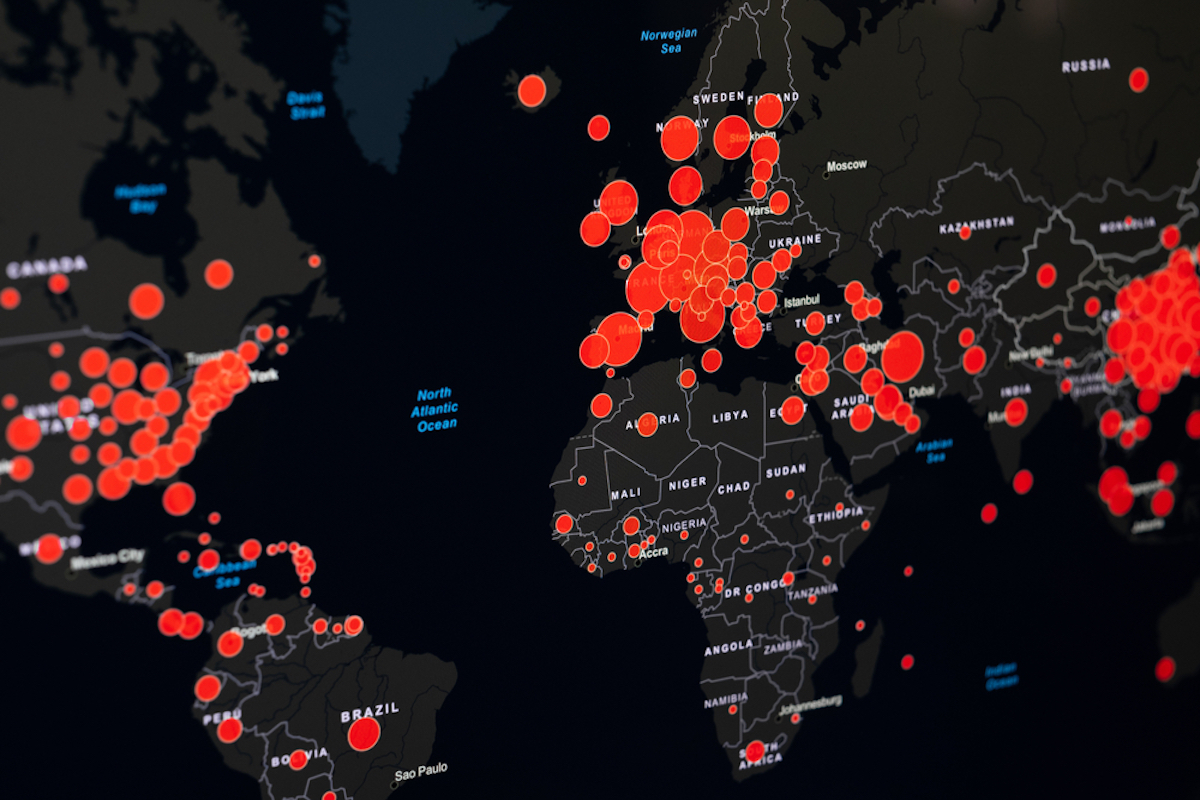Tedros was discussing the COVID pandemic in relation to the 1918 Spanish flu, which “took two years to stop,” he said. But he explained that if we can succeed in using “national unity” and “global solidarity” to find a vaccine, it’ll take less time to beat this novel coronavirus. RELATED: For more up-to-date information, sign up for our daily newsletter. “In our situation now with more technology, and of course with more connectiveness, the virus has [a] better chance of spreading. It can move fast because we are more connected now,” he said. “But at the same time, we have also the technology to stop it and the knowledge to stop it. So we have a disadvantage of globalization, closeness, connectedness, but an advantage of better technology.” Tedros seemed optimistic that banding together is “really key with utilizing the available tools to the maximum and hoping that we can have additional tools, like [a] vaccine.” He concluded, “I think we can finish it in a shorter time than the 1918 flu.” The WHO has previously been cautious about giving estimates on how long the pandemic will last without a proven vaccine, Reuters points out. But many other experts have shared their predictions, though they’ve been less precise.ae0fcc31ae342fd3a1346ebb1f342fcb For example, in an Aug. 18 interview with Healthline, Anthony Fauci, MD, director of the National Institute of Allergy and Infectious Diseases (NIAID), was asked what would have to happen for him to feel like the U.S. has beaten COVID. “When the percent of test positivity goes way, way down,” he answered, referring to the percentage of positive tests. He hopes the number can get as low as under 1 percent, pointing to New York as the rare COVID success story. “I mean, you look at New York City right now, it’s less than 1 percent. That’s what you want the whole country to be.” In July, Ugur Sahin, MD, co-founder and chief executive officer of BioNTech SE, told The Wall Street Journal that “we will only be done with this virus when more than 90 percent of the global population will get immunity, either through infection or through a vaccine.” With a vaccine expected to arrive in late 2020 or early 2021, we’re inching ever closer to that goal. And for more COVID facts you need to know, check out These Are the 51 Most Common COVID Symptoms You Could Have.
